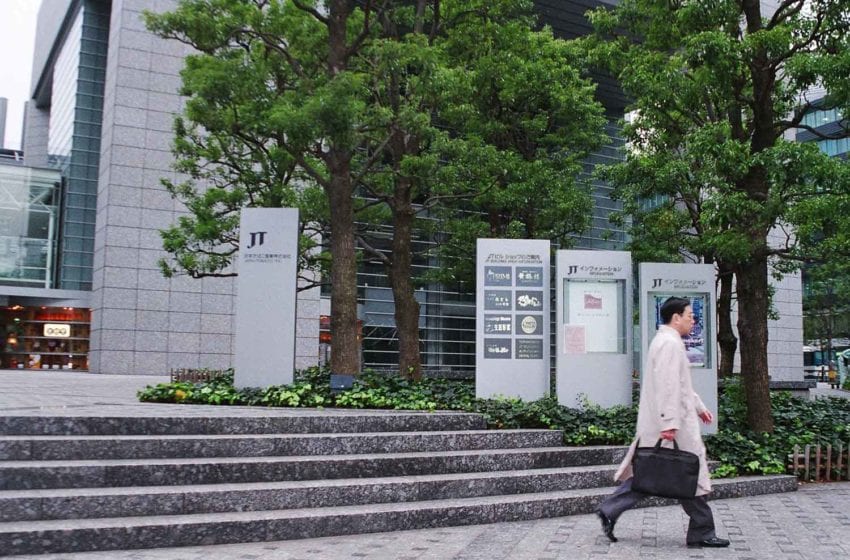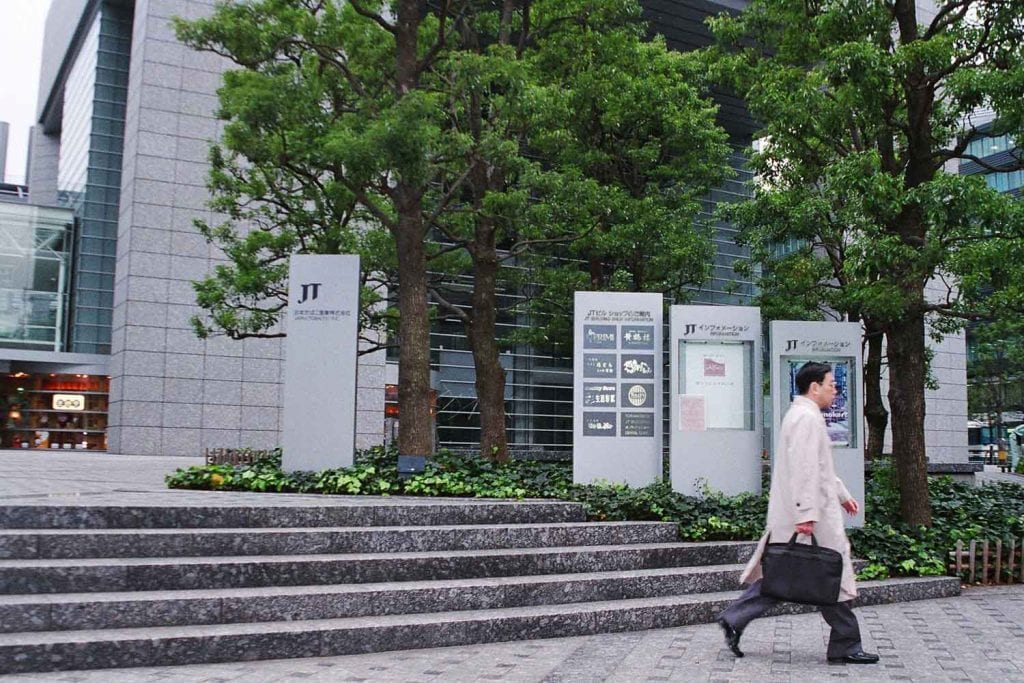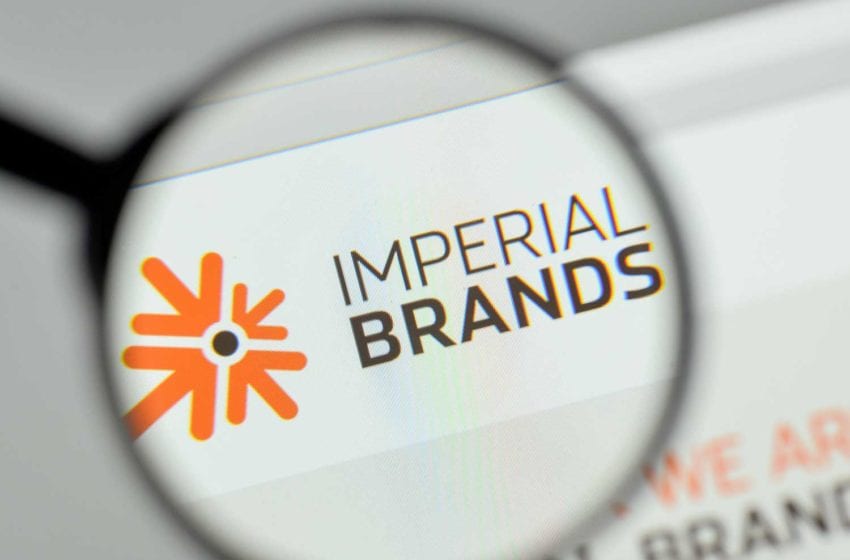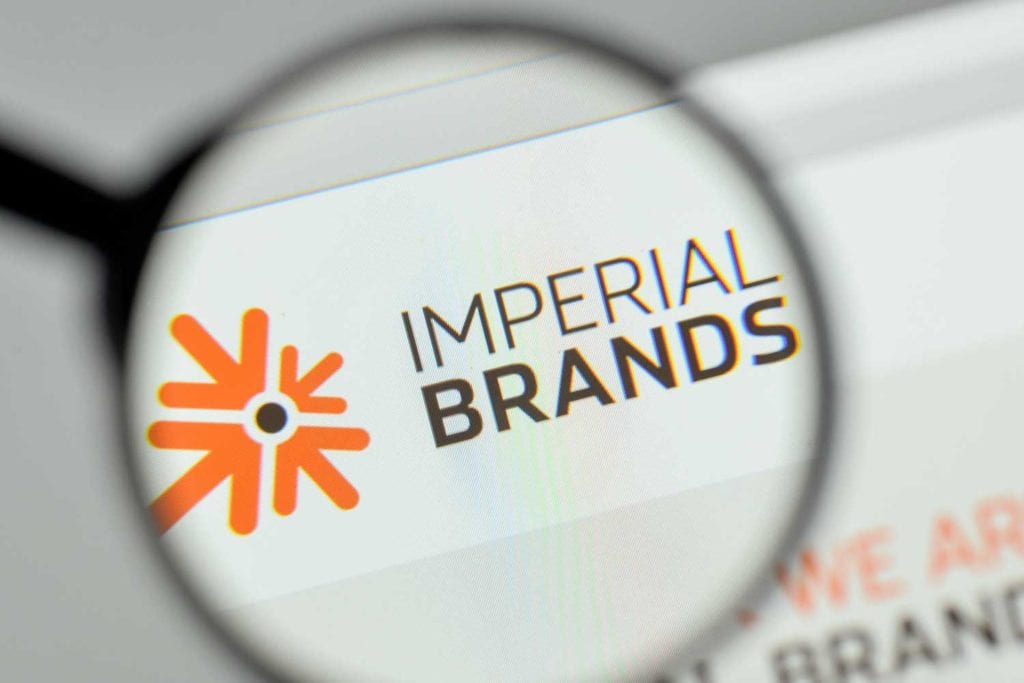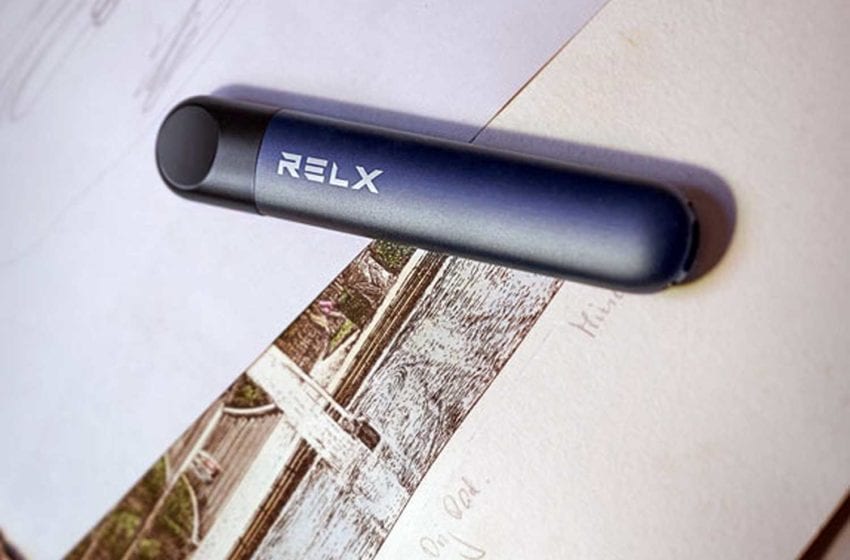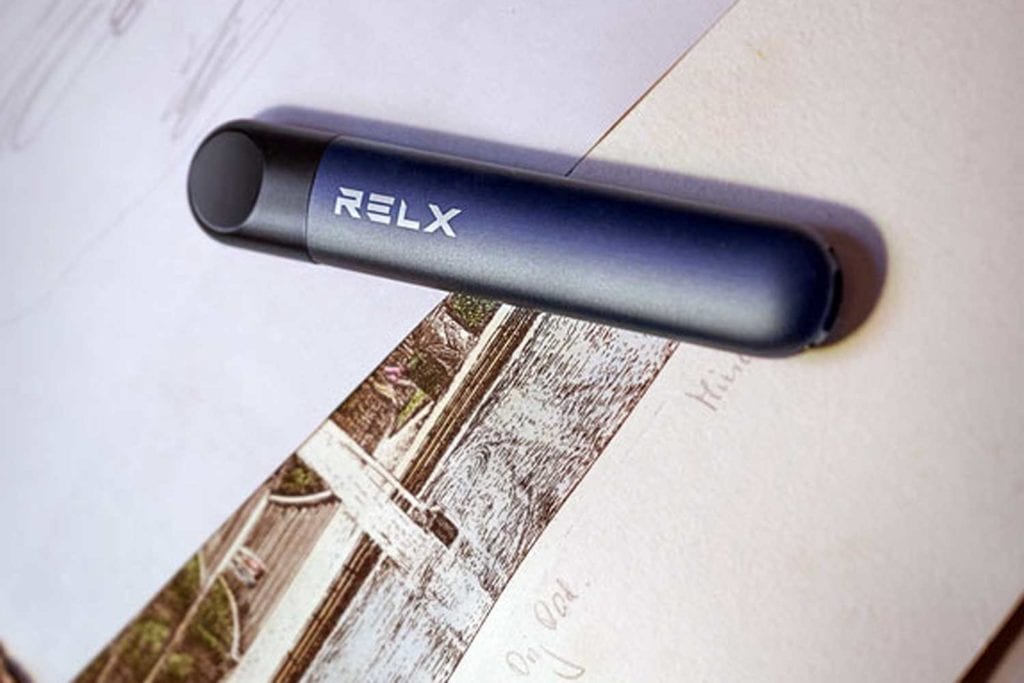
Pyxus International announced results for its fiscal quarter ended Dec. 31, 2020.
Sales and other operating revenues were $379.6 million for the three months ended Dec. 31, 2020, up from $363.3 million for the three months ended Dec. 31, 2019.
Gross profit as a percent of sales increased to 16.5 percent for the three months ended Dec. 31, 2020, from 15.2 percent for three months ended Dec. 31, 2019.
Net loss improved 62.7 percent to $8.2 million for the three months ended Dec. 31, 2020.
Adjusted EBITDA improved 64.9 percent to $39.9 million for the three months ended Dec. 31, 2020, from $24.2 million for the three months ended Dec. 31, 2019.
Inventory decreased 11.5 percent to $771.8 million as of Dec. 31, 2020.
“Fiscal year 2021 continues to be a year of evolution for our business,” said Pieter Sikkel, Pyxus’ president and CEO, in a statement. “Since the completion of our financial restructuring, we have undergone a strategic review of all business units and categories in which we operate in order to develop a stronger, more streamlined strategy to improve financial performance.”
“We see the potential for increased leaf tobacco volume in fiscal year 2022 from countries including the United States and Brazil. In addition, the developments in the e-liquids category following the September 2020 PMTA submission deadline, paired with increased enforcement of PMTA regulation, provide an encouraging opportunity for potential future growth.”
In January, Pyxus International announced plans to divest its cannabis business in order to focus on its more profitable tobacco and e-liquid businesses.
According to Sikkel, Pyxus International continues to experience Covid-19-related disruption in its supply chain and distribution channels. “While the volume of customer orders is in line with expectations and we have adequate supply of product to meet demand, we have been impacted by procedural delays with regards to fulfillment of customer orders,” he said. “This has resulted in the timing of fulfillment of certain customer orders shifting to the fourth quarter of fiscal year 2021 and others to the first quarter of fiscal year 2022.”
Despite these challenges, the company continues to manage its working capital closely, according to Sikkel. “At Dec. 31, 2020, inventory decreased $100.1 million, or 11.5 percent, to $771.8 million when compared to Dec. 31, 2019,” he said. “Additionally, we expect our uncommitted inventory to be near the midpoint of our stated range of $50 [million] to $150 million by fiscal year end.”






